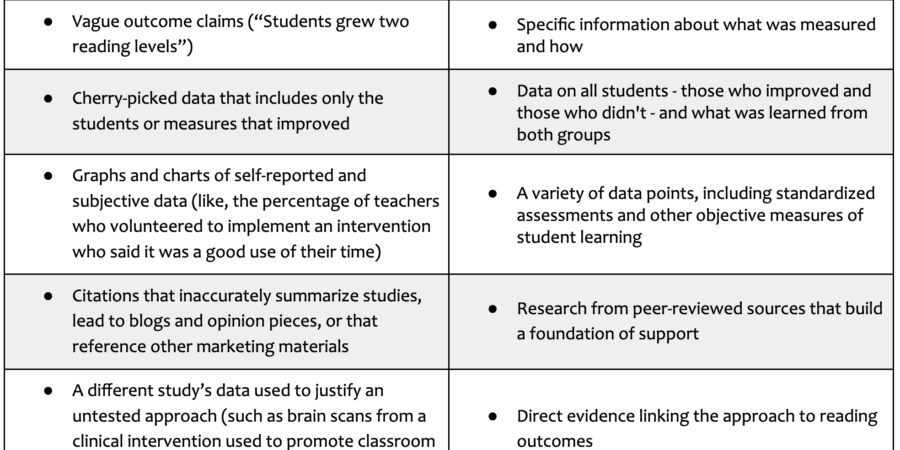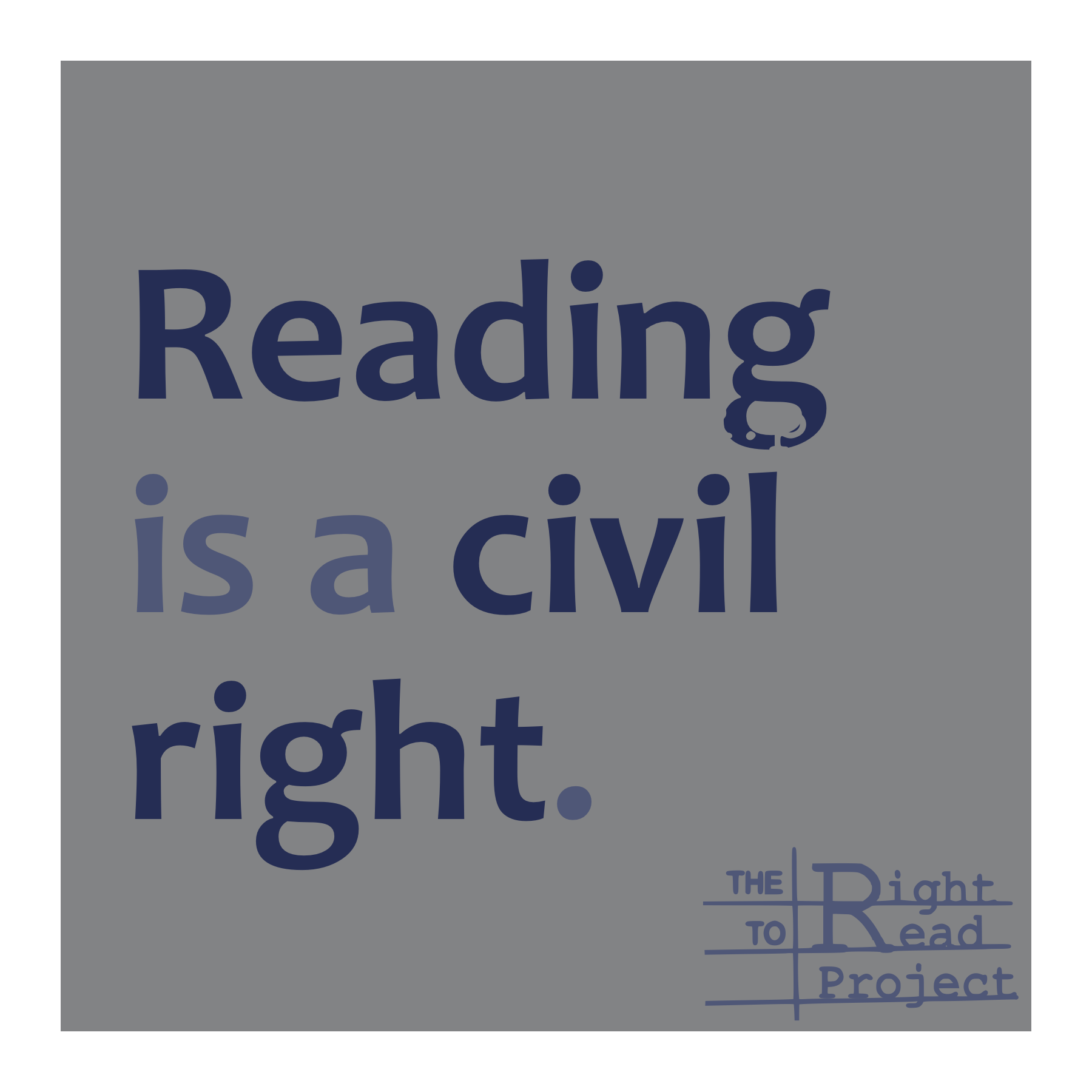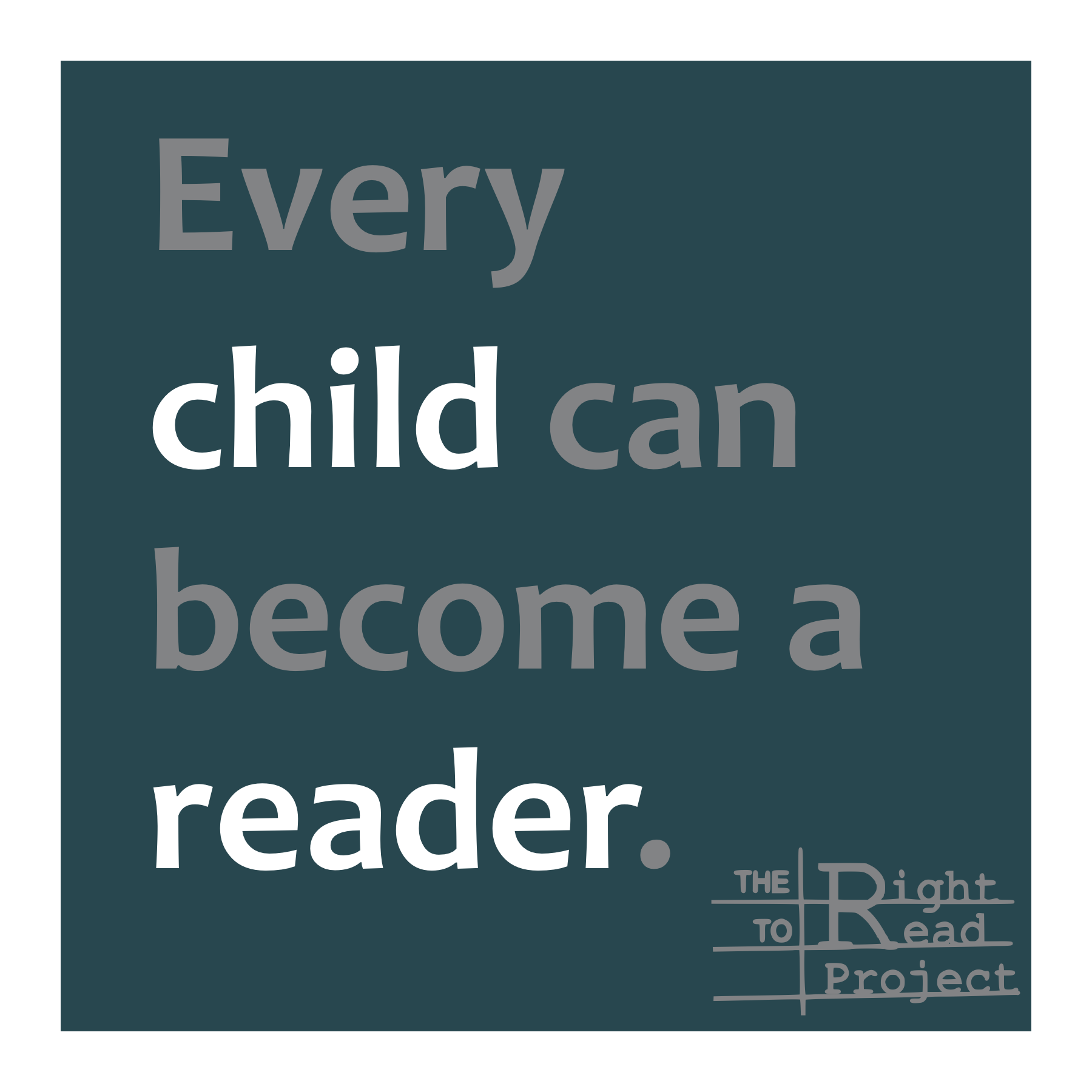Separating the science of reading from SoR marketing isn’t easy. The constant flood of pseudo-scientific claims makes it increasingly difficult to identify effective teaching practices. Oversimplifications and misinterpretations are being used to legitimize approaches that lack solid evidence. How can we distinguish between evidence-based reading instruction and well-marketed myths? Starting with Source and Purpose Knowing the source of information can help us make sense of the motivation behind it– Is
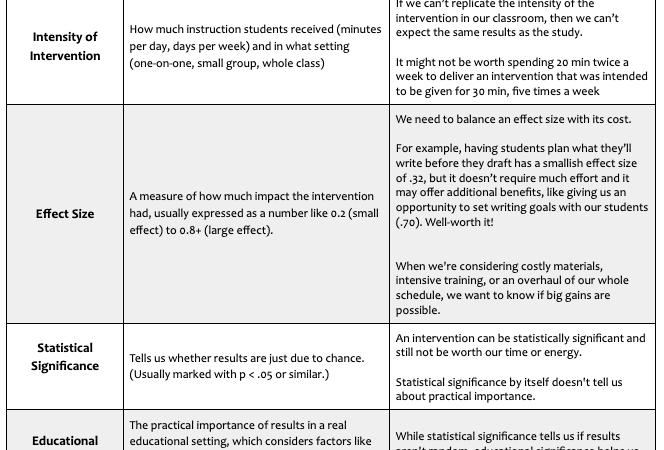
A Classroom Teachers’ Guide to Reading Research
Minding the Research to Practice Gap Following the reading research is more challenging than it sounds. There are thousands of studies and it’s hard to know where to start. For classroom teachers, making sense of studies is extra challenging because a lot (but not all!) of the research has been done in contexts that we can’t replicate– intensive doses of reading intervention, delivered one-on-one, in environments with fewer competing priorities.

Doubt Crept In: Questioning My Faith in Reading Research
Uh oh I thought that the more I knew about the science of reading, the better my teaching would become. And I’ve staked so much of my identity on this belief that my newfound doubt has shaken me terribly. At a recent conference for reading researchers, I realized: “There is a whole world of reading science that is not meant for me.” Panicked, I said to a researcher-friend: “Please tell
Hoping for the Best is Not a Viable Strategy
We’re keeping our worries about the Science of Reading movement quiet, afraid that voicing them will somehow increase the chances that it could fail. But anyone who cares deeply about its success is plagued by “what ifs” that keep us up at night. What if we fall short because… Anyone knowledgeable about reading research and what’s happening in classrooms has worries like these. But most of us have remained quiet,
Overcoming Learners’ Bias to Give Our Students What They Need
I am a typical teacher, according to all the statistics; I’m white, female, and have between fifteen and twenty years of teaching experience. My students and their families, most of whom are Black and live in households below the poverty line, don’t see themselves reflected in my appearance or speech, and navigating these differences can be difficult. There are resources designed to help teachers curate texts and develop lesson plans
Every Child Is Unique… and Every Child Has to Learn the Same Skills
Heartfelt thanks to Dr. Maryanne Wolf for adding her thoughts this piece More the same than different Many of us assume that, because each child is a unique human being, every child learns to read in a different way. This widespread misconception causes unnecessary difficulty for teachers and for our students. “It is simply not true that there are hundreds of ways to learn to read… when it comes to
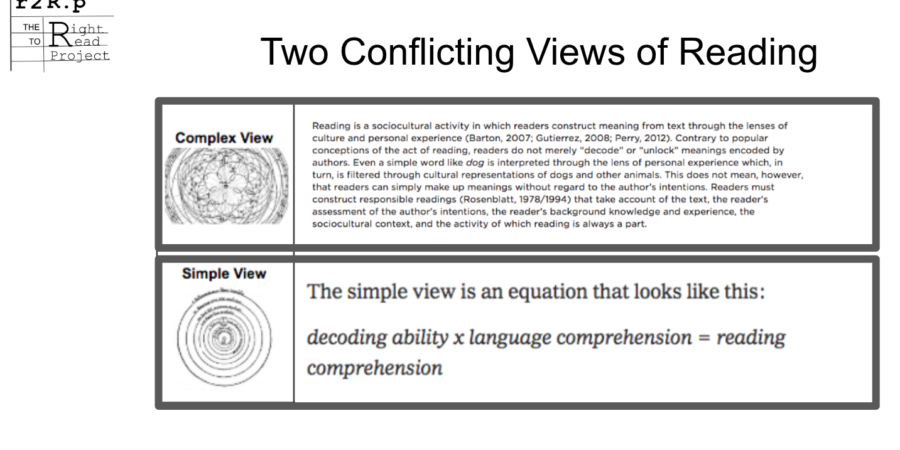
Simple But Not Easy
As the foundations of Balanced Literacy begin to crumble, the proponents of Balanced Literacy are now presenting a new theory of reading, which they call the Complex View. In this reincarnation of the reading wars, the Complex View seeks to counter a well-researched alternative, The Simple View. I was struck last month by the contrast between two articles that were published on the same day: Two Publications from December 5th
Balanced Literacy’s Crumbling Foundation– What We Can Do About It
Planning with the creative and hard-working teachers on my fourth-grade team was rewarding (and occasionally hilarious), but our enthusiasm sometimes produced overly-complicated plans. If a plan was becoming unwieldy, one of us would interrupt the process and say to the team: “If it’s this complicated, it’s probably not right.” We’d then pause, rearticulate our goals, and start over to create a more coherent instructional plan. Thought leaders in the Balanced

Dear Lucy,
Dear Lucy, Thank you for writing No One Gets to Own the Term “The Science of Reading.” I am so relieved that discussion of reading science has made its way into the balanced literacy community and that you’ve added your own voice to the conversation. You’re making it safe for experienced educators to refine our practice as a result of new learning. For many years, I was a devout reading
Discussion Guide: At a Loss for Words
This facilitator’s guide is intended to provide possible points for pause and discussion as educators, advocacy groups, and community members listen to At a Loss for Words from APM Reports. You’ll find that some of the questions have related resources to enhance your discussion. You will also find additional reading, images, and a video embedded in the APM article. We would love to hear about your experiences discussing the podcast

